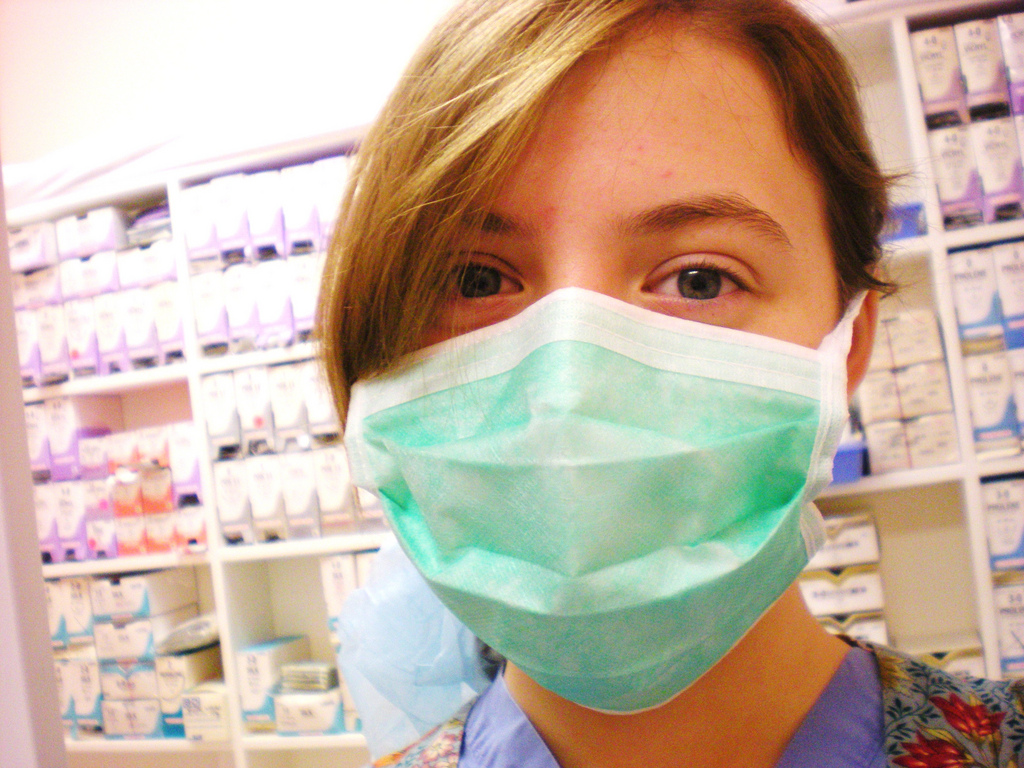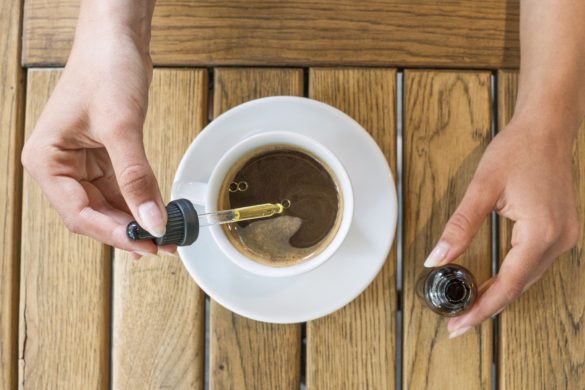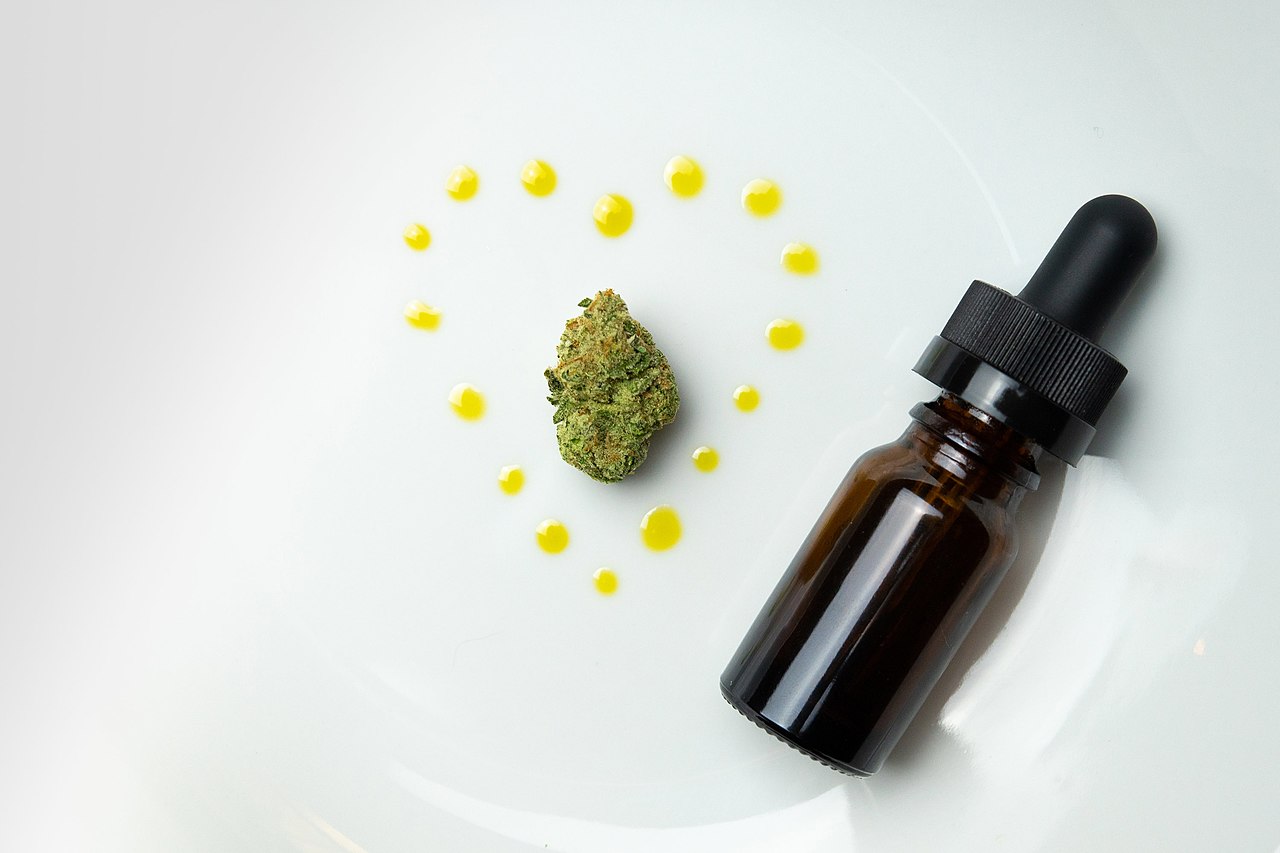
If you suffer from poor sleep, you’re not alone. As many as 25% of Americans have acute insomnia. But about 75% of those people recover.
Do you have acute insomnia or occasional trouble sleeping? Consider trying an over-the-counter (OTC) sleep aid.
Some are medications while others are natural options.
Wondering what the options are? Keep reading for information about OTC sleep aids.
Essential Oils
Aromatherapy is an ancient practice still used today.
Smells bypass the thalamus region of the brain and go right to the limbic system. That’s the system responsible for memory and emotion. That’s what makes aromatherapy so powerful.
Some oils that work well for sleep:
- Lavender
- Vanilla
- Jasmine
- Sandalwood
- Citrus
- Rose
- Geranium
A 2017 research study revealed the benefits of aromatherapy on quality of life and sleep. A blend of oils showed better results than using a single oil.
Most health food stores carry essential oil blends for sleep.
Doxylamine Succinate Options
Doxylamine is an antihistamine with sedative qualities. It comes in Unisom SleepTabs and Nighttime Sleep Aid.
There are possible side effects, though not everyone experiences them. These include blurry vision, daytime drowsiness, and a dry mouth. Other possible side effects are urinary retention and constipation.
Avoid taking this medication if you closed-angle glaucoma, asthma, or COPD. Also, avoid it if you have severe liver disease, sleep apnea, digestive problems, or urinary retention.
Diphenhydramine Options
Diphenhydramine is in Benadryl, Aleve PM, and similar medications. Like doxylamine succinate, it’s also a sedating antihistamine. The precautions for taking it are the same as for doxylamine succinate.
Melatonin
Melatonin is a powerhouse hormone that occurs on its own in your body. Melatonin helps you sleep. Some modern-day habits, like using artificial lights at night, deplete our body’s melatonin.
Are you having occasional trouble sleeping? Consider a melatonin supplement like those here: https://microbeformulas.com/blogs/microbe-formulas/functions-of-melatonin-from-a-to-zzz-s.
Valerian Root
Valerian root is a natural sleep aid. Scientific studies on the effectiveness of valerian for sleep have mixed results. But there is anecdotal evidence that it’s helpful.
It’s said to improve sleep quality while reducing the time it takes to fall asleep. Between 400 to 900 mg taken two hours before bed is the recommended dose.
Use Caution
Always use caution when taking any OTC medications or supplements. Don’t use OTC sleep aids for an extended period of time. After two weeks of use, if you’re still having difficulty, check with your doctor.
Sleep Hygiene
Practice good sleep hygiene by avoiding caffeine and spicy, rich foods before bedtime. Limit alcohol. Be sure and exercise daily.
Try anxiety-relieving practices such as meditation. Go to bed and wake up at the same time every day if possible.
OTC Sleep Aids Help with Sleep Difficulties
OTC sleep aids can help people with occasional sleep difficulties. Are you practicing good sleep hygiene but still struggling occasionally with sleep?
Try one of the above OTC sleep aids such as melatonin or essential oils for a week or two. Chances are, you’ll be sleeping better in no time.
Find other great health and wellness tips on our blog!








